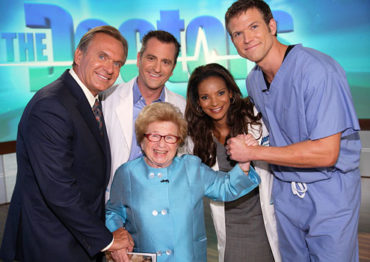

One word of caution: Because a concussion affects the brain, the injured person may lack the clear judgment to make an informed decision regarding whether or not to go to the hospital. The sooner someone is diagnosed, the better the chances for a good recovery because rest is so important But others can have long-term problems either from the concussion or from injury to surrounding soft tissues. Most people who sustain a concussion or mild TBI are back to normal often in a week or two and almost always within a few months. Be persistent and find a healthcare provider who specializes in treating traumatic brain injury. That said, if symptoms persist - headaches, nausea, dizziness, balance problems, confusion - after you have gotten medical care, call your healthcare provider again.

Rest means physical rest AND cognitive rest. It means no texting, no email, no cell phone. At least initially, rest means not reading, not listening to music, not watching TV. Rest is important because the brain continues to heal even after all the symptoms are gone. Rest is the only way to fill up the tank again. If you think of the brain as an engine, it runs out of gas faster after an injury. Simple though it sounds, rest is the best treatment we have today for a concussion.

That does not mean that there is no injury it just means that the damage is not visible on the scans. MRI scan– A Magnetic Resonance Imaging test provides detailed pictures of the brain using magnetic energy instead of radiation.Įven though someone has had a concussion, the MRI and CT scans are often negative.CT scan– A CT is a special computerized x-ray that provides images of the brain and is sometimes used to look for suspected bleeding or swelling.Neurological test– A basic neurological exam in the ER assesses motor and sensory skills, the functioning of one or more cranial nerves, hearing and speech, vision, coordination and balance, mental status, and changes in mood or behavior, among other abilities.Testsĭepending on your symptoms, your age, and the severity of the injury, the emergency department physicians may order some tests.
#Three days later go see a doctor professional


 0 kommentar(er)
0 kommentar(er)
